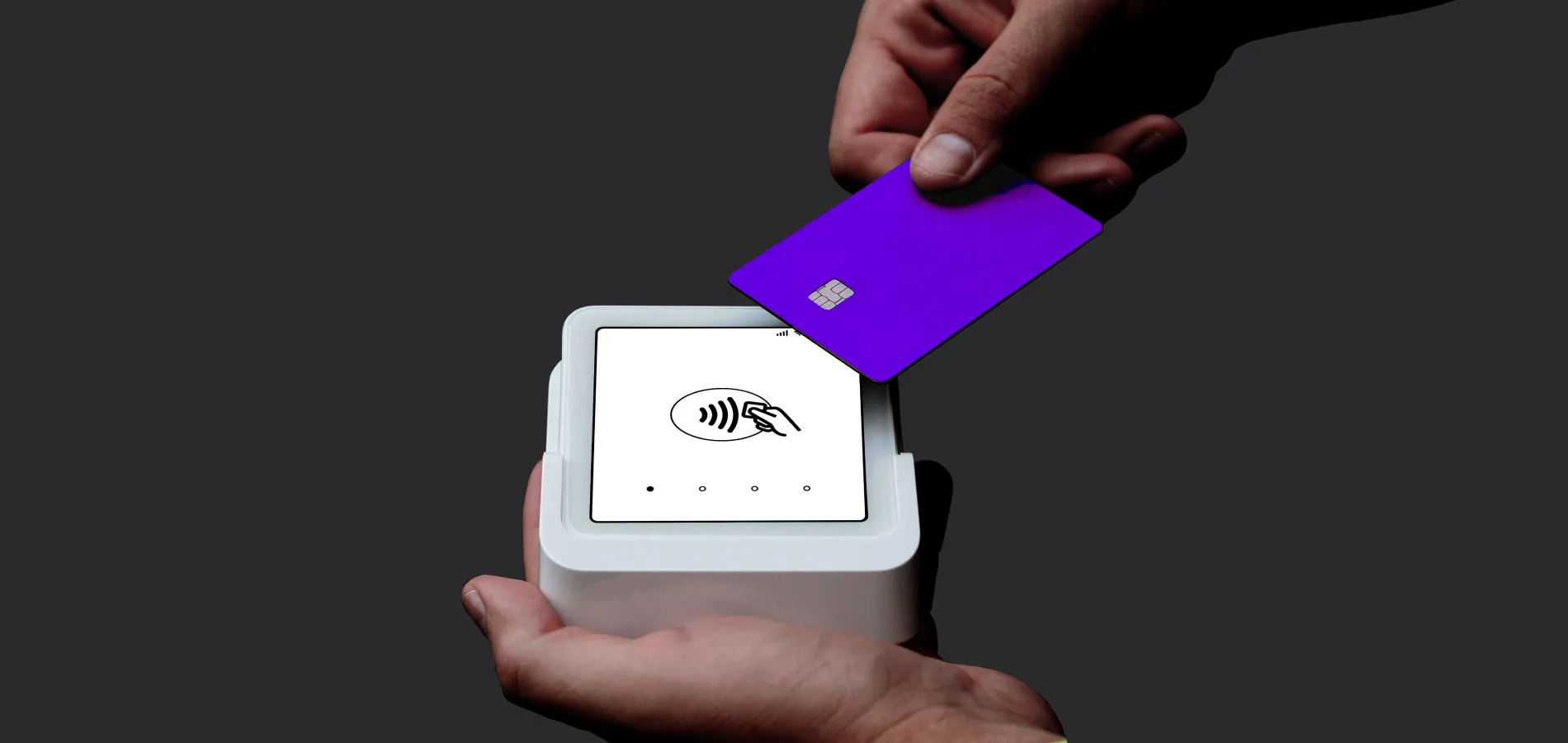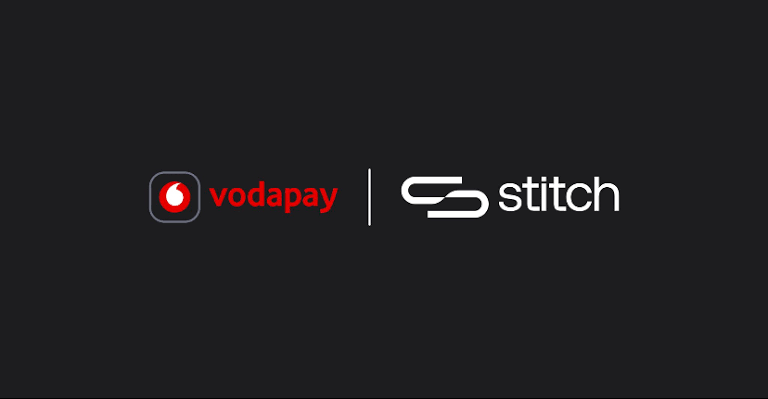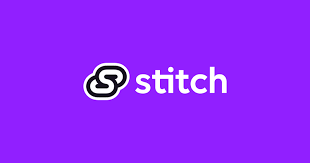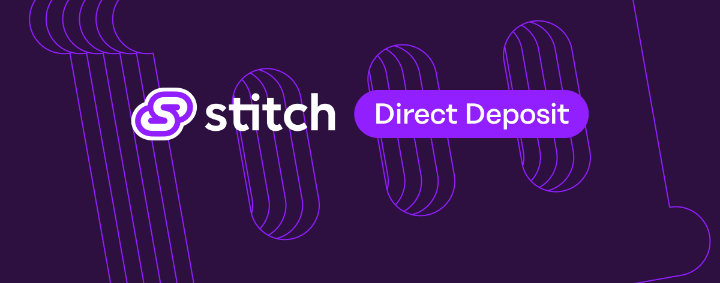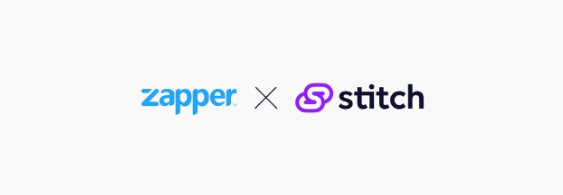Stitch, a South African fintech, brings in $25M in Series A Ribbit Capital-led expansion, bringing the round’s overall amount to $46M.
Stitch’s payments solution is meant to satisfy the difficult and evolving payment needs of Stitch’s enterprise clients. This funding will position the fintech as a market leader in this payments category.
The fintech’s primary focus is empowering businesses to build, scale, and optimise their financial products. Additionally, the company offers API gateways to improve the conversion rate for online payments and optimise its customers’ payment processing processes.
Stitch has increased its total Series A capital to $46 million after successfully completing an extension round of funding sponsored by the global fintech investor Ribbit Capital. Participants in the round included investors who had previously supported the company, such as CRE Ventures, PayPal Ventures, and the Raba Partnership.
Read also: Stitch evolves into full payments service provider with new products
The impact of funding on Stitch’s operations
Stitch is on target to execute over 50 million transactions this year, totalling $2 billion in total payment volume (TPV), making Ribbit Capital’s deep knowledge of the global fintech industry and new countries extremely beneficial to the company.
These numbers are based on seven different product features that Stitch has introduced since the beginning of 2022. Prior to beginning its onslaught of feature releases, Stitch functioned as a platform for quasi-data and quasi-bank-to-bank payments. Its customers, which include both large corporations and sole proprietors, have the ability to use its platform to gain access to the financial accounts of their clients and to innovate in the areas of delivering services such as personal finance, loans, insurance, payments, and asset management.
It has now developed into a provider of comprehensive payment services. Customers have the ability to take payments through pay by bank, debit and credit cards, recurring debits, cash, and manual bank transfers; manage, coordinate, and reconcile payments across numerous methods, providers, and geographies in one dashboard with PayOS; and disburse monies via payouts.
PayOS is also available to customers. E-commerce checkouts, finance operations, financial services, lending and insurance, marketplaces, and recurring payments are just some of the use cases that can be implemented using this technology.
Stitch Raises US$21Million in Funding For Its Financial Services
The target of Stitch
According to Stitch, the end-to-end payment solutions it provides are targeted largely towards enterprise firms in South Africa. A few examples of these companies include MTN, Multichoice, the Foschini Group (TFG), Standard Bank’s SnapScan, and Yoco. Nevertheless, according to what Pillay claimed in the interview, the company still has a few customers in Nigeria and other African nations where it has licences to operate.
These customers are startups and other small enterprises. In addition to providing services to global PSP partners, the fintech company, which counts Mono, Okra, Revio, and MoneyHash among its rivals, is currently in discussions to provide the same services to a select global consumer internet company.
“We moved away from being a single method platform to a next-generation PSP for local and global enterprises,” said the CEO who founded Stitch with Natalie Cuthbert and Priyen Pillay.
“Initially, we just had a pay-in feature where we support bank and card payments. While we’ve added more, we now have an orchestration layer, which many enterprises use to manage payment methods and reconcile across different banks. And we do payouts, whether a disbursement, a refund, or a withdrawal. Our solution is attractive for global companies trying to enter the market for the first time because of the end-to-end process.”
Pillay stated during the call that the fintech intends to use the money from its Series A funding round to continue building its platform, expanding its customer base, and grabbing opportunities to serve new markets.
“Everything we do is client-focused. We’ll continue to optimise for what they have. And then scale geographically with them and deeper in products they already have,” the CEO remarked.
“We also want to continue adding as many first-party payment methods as possible. Our value proposition has been precision engineering and deep infrastructure, so, for instance, we are looking at connecting to card and bank rails without intermediating. Things like this are often slow and capital intensive; that’s why we raised.”

